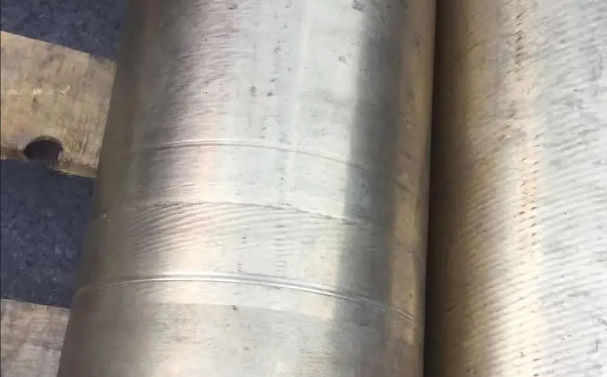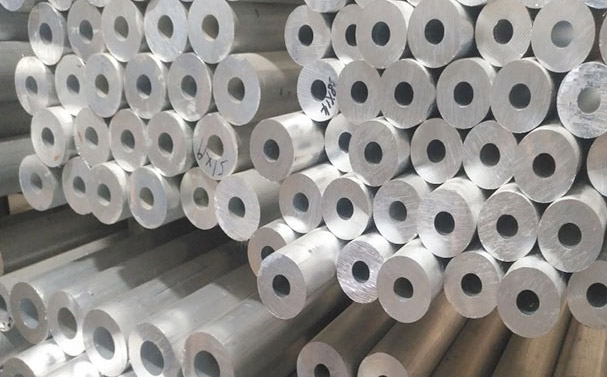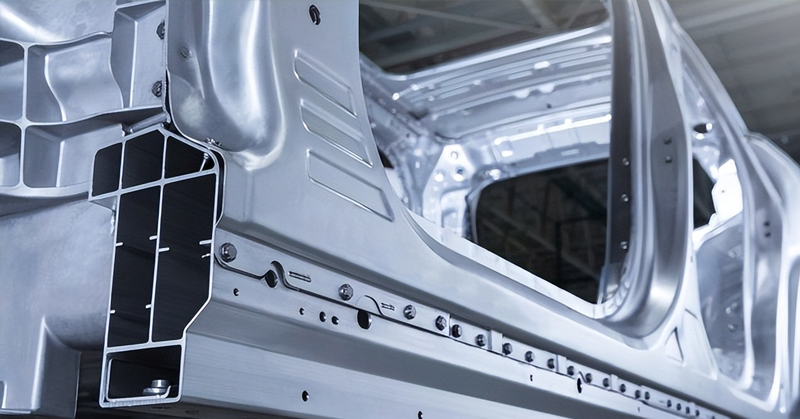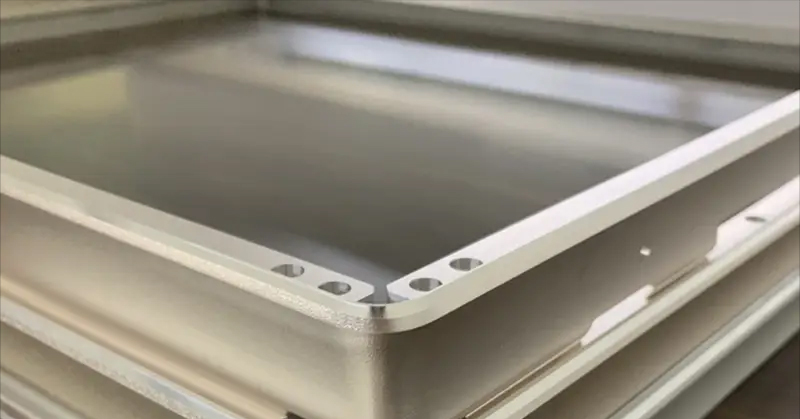
When exploring the corrosion resistance of aluminum alloys, the difference between six series aluminum and seven series aluminum has become a focus of attention. As a widely used metal material in various industries, the corrosion resistance of aluminum alloy is crucial to its service life and performance.
1、 Overview of Alloy Elements
Six series aluminum alloys use magnesium and silicon as the main alloying elements, such as 6061 and 6063 alloys, while seven series aluminum alloys use zinc as the main alloying element, such as 7075 alloy. The difference in composition between these two alloys directly affects their corrosion resistance.
2、 Corrosion resistance under high temperature environment
In high-temperature environments, six series aluminum alloys exhibit superior corrosion resistance. This is due to its good thermal stability and the tight oxide film formed by silicon element, which effectively resists high-temperature oxidation erosion. In contrast, the zinc element in seven series aluminum alloys may accelerate corrosion at high temperatures, resulting in lower corrosion resistance.
3、 The corrosion resistance of seven series aluminum alloy is inferior to that of six series aluminum alloy in humid environments. A humid environment can easily cause the rupture of the oxide film on the surface of aluminum alloy, leading to corrosion. Due to the relatively thin oxide film of the seven series aluminum alloy, it is susceptible to damage, while the oxide film of the six series aluminum alloy is stronger, thus better able to withstand the test of corrosive environments.
4、 Summary and Application Suggestions
In summary, six series aluminum alloys have better corrosion resistance in high-temperature environments, while seven series aluminum alloys have relatively weaker corrosion resistance in humid environments. Therefore, when selecting aluminum alloys, specific application environments and requirements should be fully considered to ensure that the corrosion resistance of the alloy meets actual needs.



